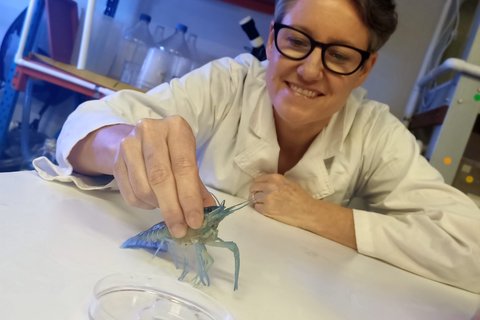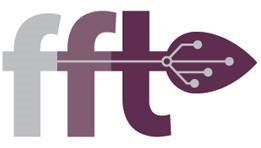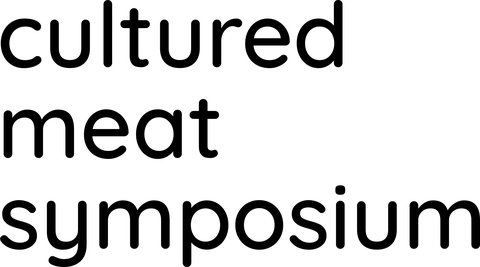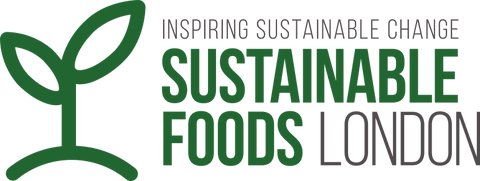New Harvest Funds Australian Research on Cell-Based Crayfish Meat
October 29, 2020 - 2 min read
An aquaculture researcher from the University of the Sunshine Coast (USC) has secured a seed grant from US-based research institute New Harvest to develop cell-based crayfish meat.
The grant recipient, Lisa Musgrove, will be using the funds to investigate crayfish growth factors and cell culture during her Honours degree in 2021, under the supervision of USC GeneCology Research Centre scientist, Dr. Tomer Ventura. Musgrove will be the first Australian to receive a grant from New Harvest, one of the only sources for funding academic research in cellular agriculture.
Consumers are increasingly concerned about the environmental impact of industrial animal agriculture. The emerging research field of cellular agriculture is dedicated to developing animal products (such as meat, eggs, and dairy) directly from cells rather than living animals. This novel food production method is projected to be more sustainable than conventional animal agriculture by decreasing the amount of land, raw materials, and energy required to produce meat.
There are currently ten cellular agriculture companies around the world focusing on developing cell-based seafood. “Compared to many land-based species, there is a relative lack of crustacean-related data, and there are no published crustacean cell lines. We’re aiming to address this shortfall,” says Musgrove.
Their research project will focus on the regenerating limb buds of Redclaw crayfish, a freshwater crayfish native to parts of northern Australia and Papua New Guinea. Redclaws are marketed as a premium seafood product and are known for their sweet, delicate flavor and high meat yield.
“The ultimate goal will be to find the factors and protocols needed to make the cells proliferate and differentiate into muscle, potentially leading to a myogenic crustacean cell line.” says Musgrove. Musgrove and Dr. Ventura believe the limb buds represent a unique opportunity to characterize the growth factors involved in muscle development and also to source muscle stem cells for sustainable meat production.
So far, the Ventura laboratory has successfully identified the Redclaw orthologs of all the major growth factors and are now focusing on stem cell isolation and culture.
Musgrove is also a volunteer at Cellular Agriculture Australia, a nonprofit organization dedicated to promoting and accelerating research and development in the Australian cellular agriculture sector.


















